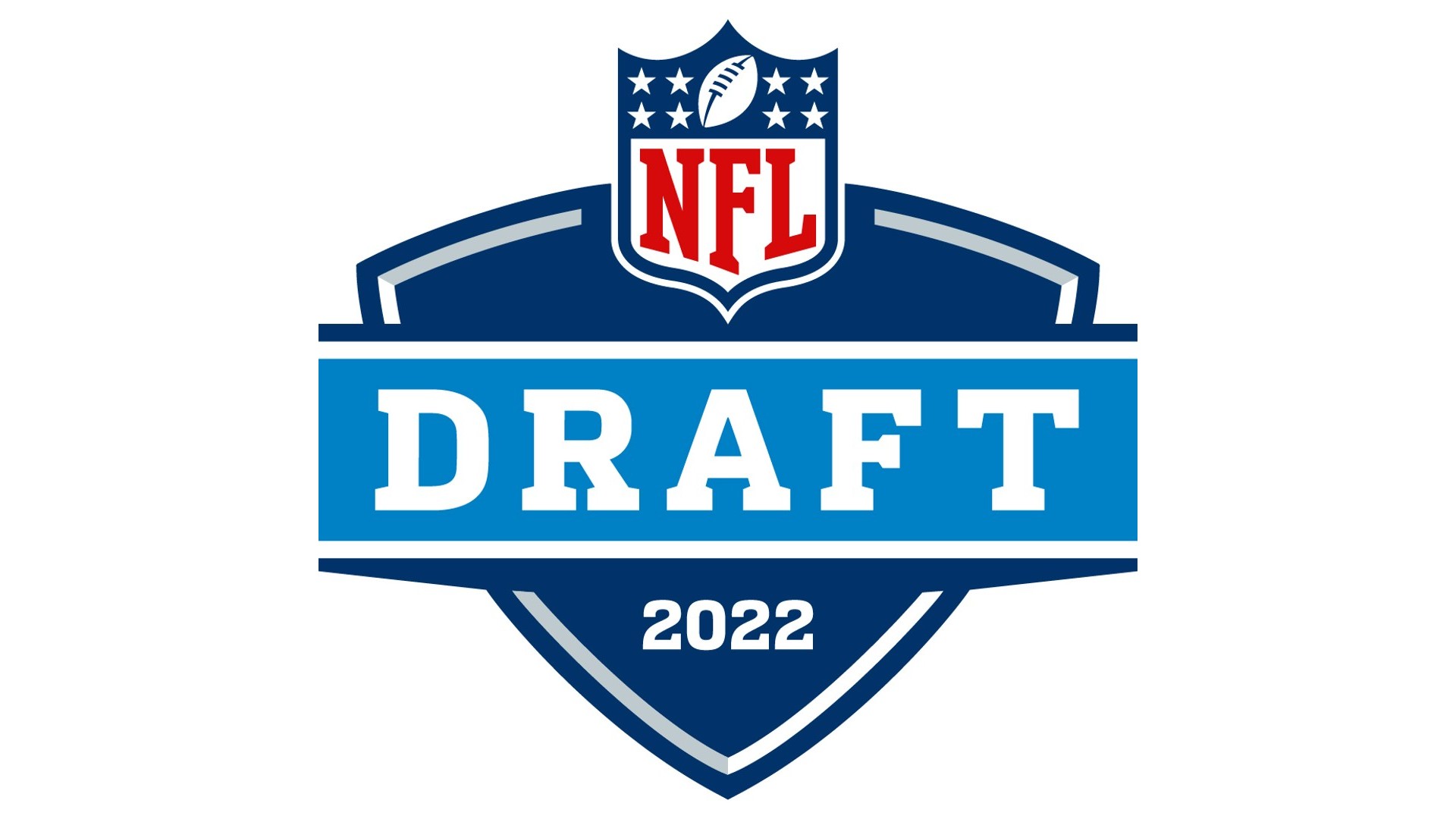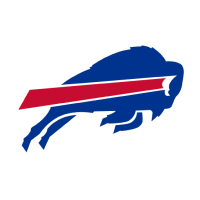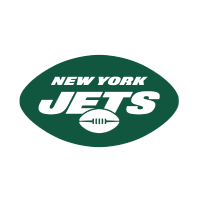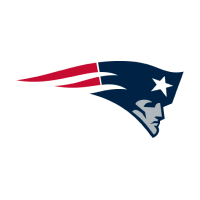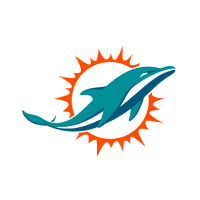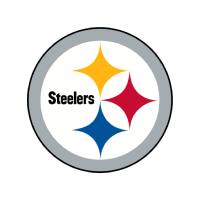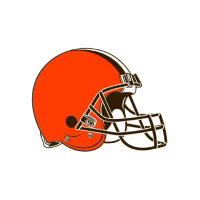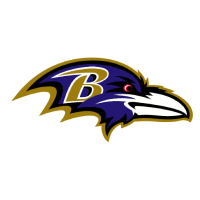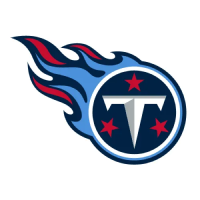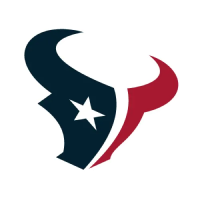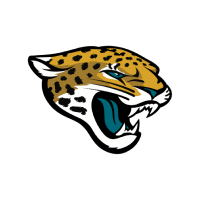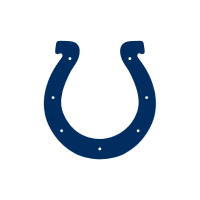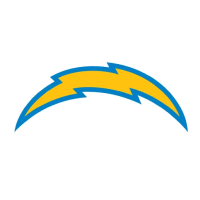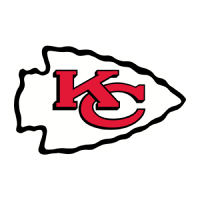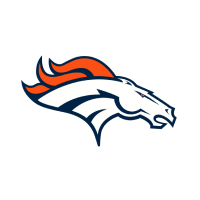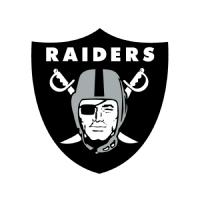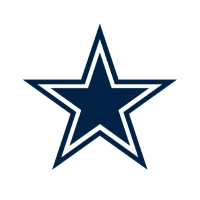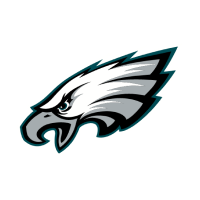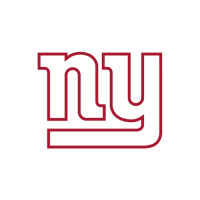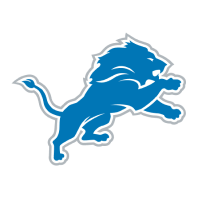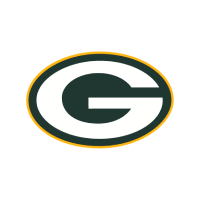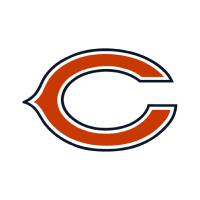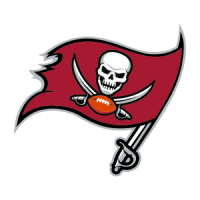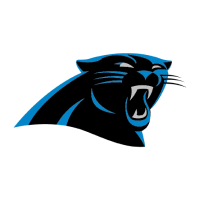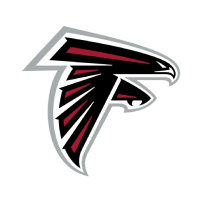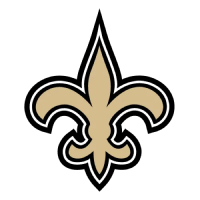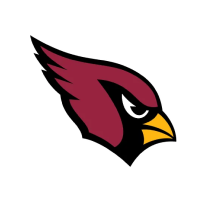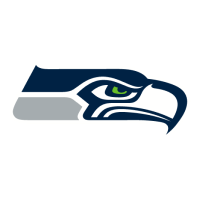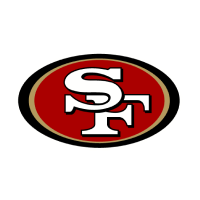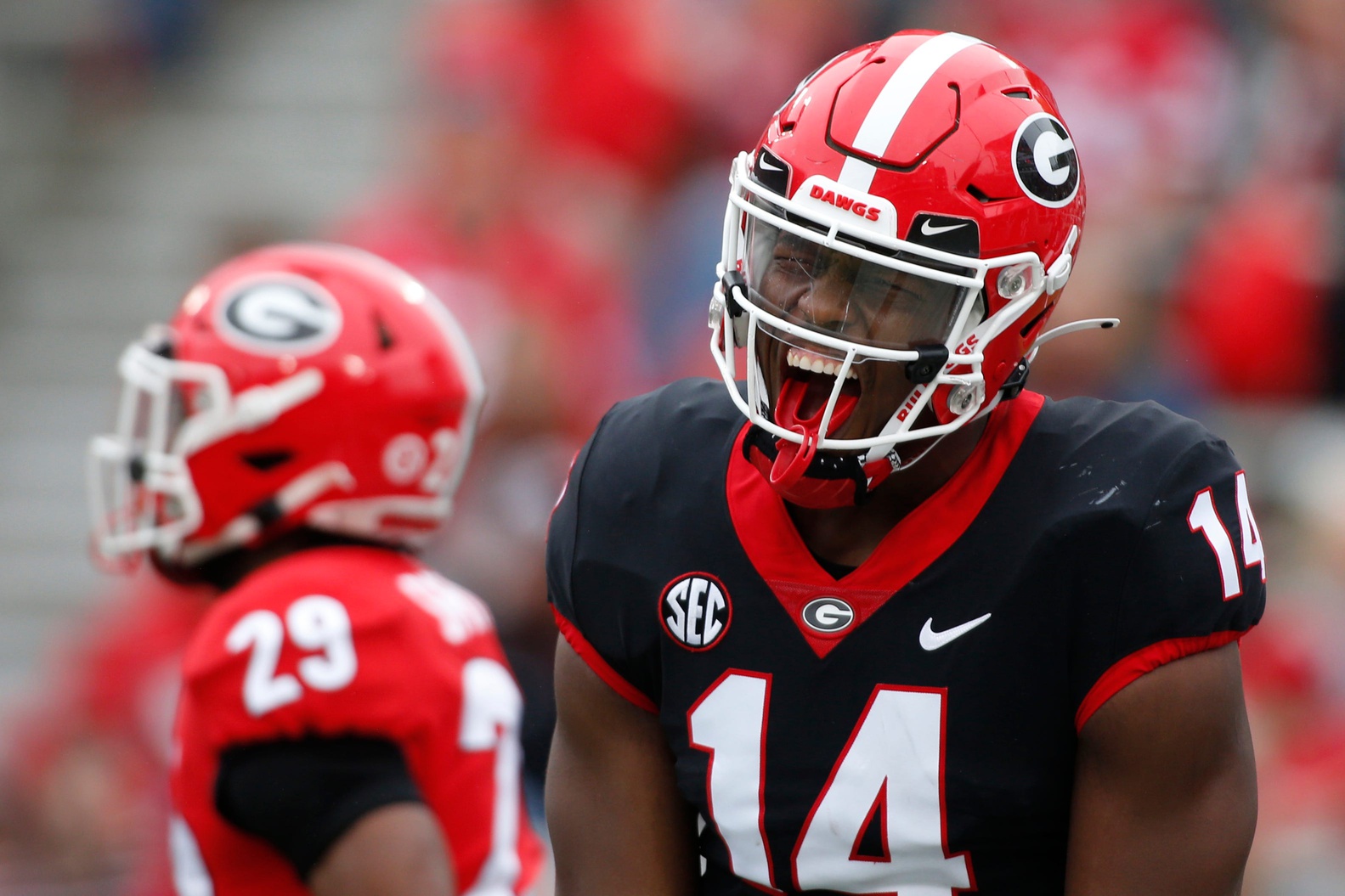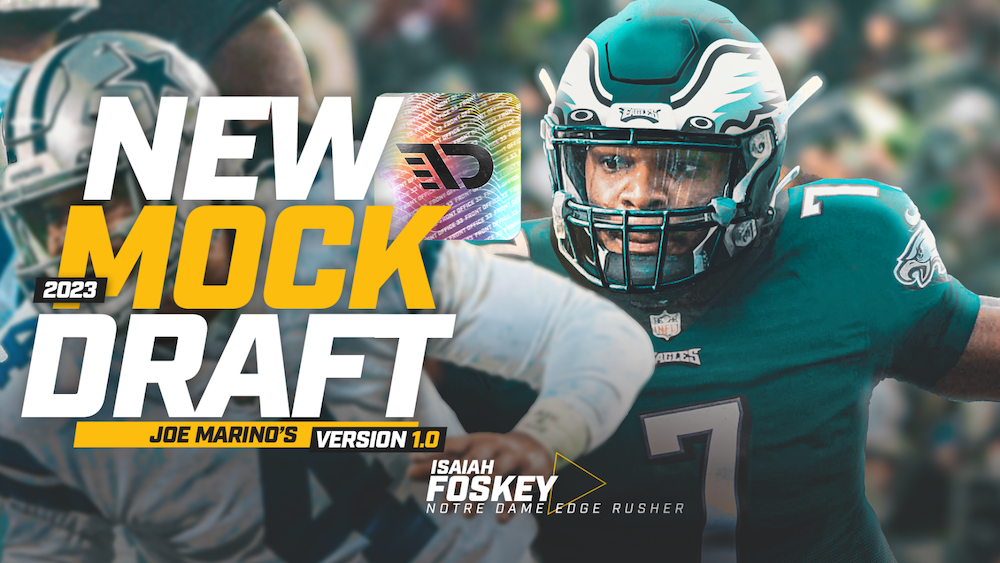LOS ANGELES CHARGERS POST-DRAFT TEAM GUIDE
It seems like every offseason the Chargers are talked about as a dark horse candidate for the playoffs and potentially contending for the Super Bowl. Unfortunately, the team will often go onto lose a handful of close games usually due to a missed kick or a last-second turnover, resulting in the team showing off their competitive roster but ultimately missing the postseason. We are currently in the “Hype the Chargers” phase of this yearly cycle, but I do believe that this could be the year that the Chargers actually make all of the pundits right.
Los Angeles had an outstanding offseason as they look to build around second-year quarterback Justin Herbert. Herbert is coming off one of the best rookie seasons we have ever seen, and the sky's the limit with Herbert if the team is able to give him some proper protection. General manager Tom Telesco and first-year head coach Brandon Staley were aggressive in improving this offensive line by adding Corey Linsely, Matt Feiler, and Oday Aboushi in free agency. The additions to the offensive line should go a long way in improving this team’s win and loss record, but there was still some work to be done through the draft.
Let’s take a look at the Chargers' 2021 NFL Draft class:
Round 1: Rashawn Slater, OT, Northwestern
The Chargers' front office must have been thrilled to see the draft play out in front of them as it did. Never in their wildest imagination could they have thought that Slater would fall to them at pick No. 13, but there he was sitting there for the Chargers to take. Slater instantly steps in as the team’s starting left tackle and now gives Los Angeles a franchise left tackle for years to come playing in front of Herbert. Slater is a plug-and-play starter who offers very good athleticism and outstanding strength and technique. He is a massive improvement over what the Chargers had last year at the position and now with Slater, the offensive line goes from a major question mark to now being a unit of strength.
Round 2: Asante Samuel Jr., CB, Florida State
Again, the Chargers front office received a gift from above with Samuel falling all the way to pick No. 47. Outside of offensive tackle, corner was this team’s biggest need, especially after releasing veteran Casey Hayward earlier this offseason. Prior to the draft, the starting corners were set to be Michael Davis, who earned himself a nice payday this offseason, Chris Harris in the slot, and Tevaughn Campbell playing outside opposite of Davis. Clearly, the team needed to upgrade over Campbell, and Samuel Jr is a massive one.
Samuel was expected to go somewhere late in the first round or early in the second round due to his innate instincts and playmaking ability. Samuel lacks ideal size and length on the outside, but he more than makes up for it with his outstanding speed, cover quickness instincts, and ball skills. Samuel’s confidence and swagger may remind Staley of another former Seminole who he coached with the Rams last season in Jalen Ramsey. Look for Samuel to be a day-one starter with Defensive Rookie of the Year upside.
Round 3: Josh Palmer, WR, Tennessee
I was bound to not like at least a few of the Chargers' picks after they hit back-to-back home runs in the first and second rounds. I understand the thought process of selecting a receiver here and I routinely mocked them a receiver in the second or third round. With Mike Williams playing on his fifth-year option, the team needs to begin preparing for a world without Williams in the fold. Williams will almost certainly look for a big pay raise, but it’s very doubtful that the Chargers reward him with one unless he proves that he can stay on the field for all 16 games. Even if Los Angeles does extend Williams, adding a quality No. 3 receiver makes sense as you want to be able to surround Herbert with as many talented pass-catchers as possible. So, while I like the position, I don’t like the player.
Palmer is an above-average athlete with excellent hands and body control. He flashed an ability to win vertically and was very good in contested situations. That being said, his production left a lot to be desired and he doesn’t offer that true explosive vertical speed that I was hoping to see in this offense. Palmer has a chance to be solid, but I would have preferred Tylan Wallace or Dyami Brown here. Palmer should challenge Jalen Guyton and Tyron Johnson for snaps as the team’s third receiver in 11-personnel and could develop into a solid No. 2 receiver in time.
Round 3: Tre' McKitty, TE, Georgia
Initially, I hated this pick. I felt that McKitty was a major reach being selected in the third round and, while I fully acknowledge tight end as a position of need, I struggled with the team passing on players like Elijah Molden, Elerson Smith, and Jay Tufele, who I valued significantly more than McKitty. That being said, after going back and watching more of him, I began to understand the thinking here.
McKitty is a very fluid and smooth athlete and offers very good size for the position. He shows natural hands and ball skills and while his route-running needs some fine tuning, there is no denying that McKitty offers upside as a receiving tight end. Upon watching his film, it was clear to me that had Georgia featured him in the offense more this season he would have been talked about a lot more in the evaluation process and one could argue that the Chargers found pretty nice value here in the third. McKitty also displays some pop and physicality in the run game and with some more coaching could develop into an all-around tight end. He should see the field as a rookie playing in 12-personnel behind Jared Cook and has starter-like potential after a year of NFL coaching.
Round 4: Chris Rumph II, EDGE, Duke
EDGE was quietly a major need for the Chargers entering the draft and I was a bit surprised to see them wait until the fourth round to draft one. Los Angeles needs more help getting after the quarterback and cannot rely on Joey Bosa to provide all of the pressure. While I knew the Chargers would be targeting an edge rusher, I was unsure of what skill set they would target as it is still unclear of what scheme Staley is going to run. With the Rams, Staley utilized a 3-4 scheme the majority of the time, but the Chargers' current personnel is best suited for a 4-3. I figured adding an edge rusher who has some versatility to play standing up or with his hand in the dirt could make sense and that’s exactly what they got in Rumph.
A coach's son, Rumph plays with excellent technique and displays a relentless motor. He is quick off the snap and is slippery penetrating gaps. Rumph projects as a designated pass rusher on subpackage downs while he works to develop his play strength to hold the point better against the run.
Round 5: Brenden Jaimes, OT, Nebraska
Now that the Chargers figured out their starters along the offensive line, it was time for them to make sure the depth of the overall unit is as good as possible. It’s naive to think that all five starters will play all 16 games this season and the Chargers are notoriously known for injuries. Adding Jaimes gives the Chargers some much-needed depth, as he has the versatility to play tackle or guard. A four-year starter at Nebraska, Jaimes is a rock-solid and consistent prospect. While he lacks an elite trait to hang his hat on, he plays with good balance, technique, and always battles to the very end. Look for Jaimes to compete to be the team’s swing tackle and he could see snaps inside if and when injuries occur.
Round 6: Nick Niemann, LB, Iowa
Los Angeles needed some depth at linebacker after the team lost Denzel Perryman in free agency. The team returns starter Kenneth Murray and I know they love Drue Tranquill, who is coming back from injury, but adding another body to the linebacker room made a ton of sense. Niemann is a downhill and physical linebacker who is excellent playing the run. He is able to flow laterally through traffic and find the ball carrier to make the play. Niemann tested extremely well, running a 4.48 40-yard dash—and while I wish he had more instincts in coverage, he certainly has the speed to hold his own. Niemann projects as a depth piece early in his career who should be a special teams monster while he continues to develop.
Round 6: Larry Rountree III, RB, Missouri
I have been on the record that the Chargers needed to add another back to have as depth behind Austin Ekeler. I love Ekeler for what he is, but to use him as your three-down back is not good business. I’m not sure if Rountree will be their answer, but I appreciate taking a swing on a guy who has very good size, speed, and burst. Yes, I wish Rountree had better vision and was a more instinctual runner, but his blend of physicality and downhill speed is intriguing. I like Rountree to compete for snaps with Joshua Kelly and Justin Jackson as a rookie and could develop into a very solid No. 2 back.
Round 7: Mark Webb, S, Georgia
Safety was a big need entering this draft after losing Rashawn Jenkins in free agency. Additionally, Staley ran the most split safety looks in the NFL last season while the Chargers ran the fewest. Adding another player to cover in the back end made a ton of sense and I like taking the flier on Webb who is still new to the position but offers ball skills and is a smooth athlete with good size. Webb has a chance to make this roster due to his fluidity in coverage and his raw athleticism should translate very raw on special teams early in his career.
Filed In
Related Articles
NFL Draft
Arik Gilbert Doesn’t Need Big Workload To Be A Top NFL Draft Pick
- Aug 22, 2022
NFL Draft
2023 NFL Mock Draft: Marino 1.0
- Aug 22, 2022
Written By
